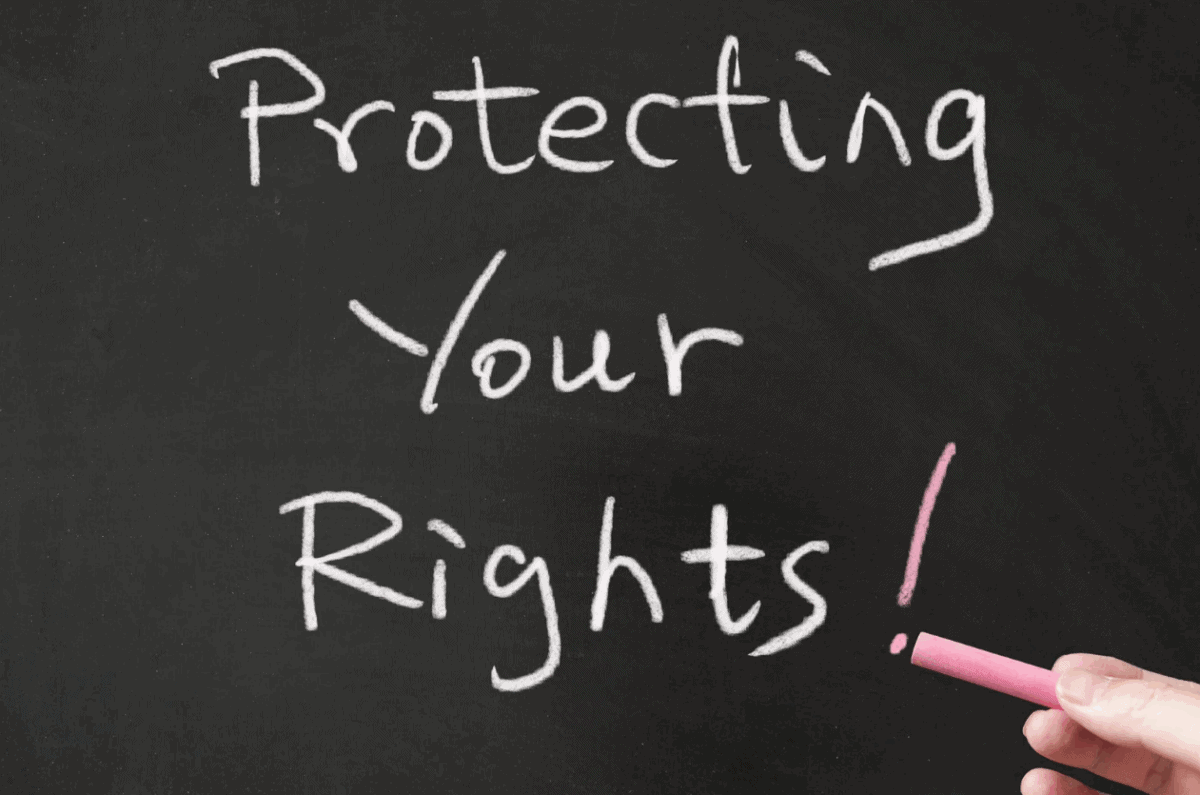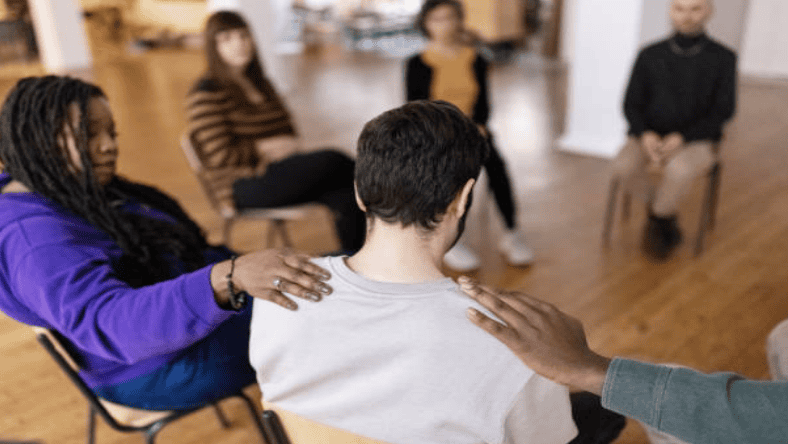In today’s fast-paced world, sleep often takes a back seat to the demands of work, family, and social obligations. Yet, sleep is far more than just a daily routine—it is a vital component of mental and physical well-being.
The link between sleep and mental health is increasingly well-documented, with research showing that sleep quality significantly impacts mood, cognitive function, and overall psychological health.
Understanding this connection can help us prioritize better sleep habits crucial for maintaining mental wellness. For those seeking personalized assistance with sleep issues, consulting with an At-Home Mobile Sleep Specialist can provide valuable insights into improving sleep quality and mental health.

The Science Behind Sleep and Mental Health
Sleep is a complex process governed by biological rhythms integral to maintaining balance in the body and mind. During sleep, the brain is not idle—it is actively processing information, consolidating memories, and restoring vital functions. Neurotransmitters like serotonin and dopamine, which regulate mood, are influenced by our sleep patterns. Poor or insufficient sleep can disrupt these chemical processes, making it harder to manage emotions and increasing the risk of mental health disorders such as anxiety and depression.
A lack of sleep also affects cognitive abilities, including memory, concentration, and decision-making skills. Chronic sleep deprivation has been linked to an increase in stress levels and a diminished ability to cope with daily challenges.
Moreover, poor sleep can exacerbate existing mental health conditions, leading to a vicious cycle where mental health issues contribute to sleep disturbances, and vice versa.
The Role of Sleep in Emotional Regulation
One of the most profound ways sleep influences mental health is through emotional regulation. Sleep plays a key role in processing emotions, helping the brain manage the emotional responses to stress, frustration, and anxiety.
When we experience emotional distress during the day, sleep allows the brain to process and “reset.” Without sufficient rest, our stress handling becomes impaired, leading to heightened emotional responses and increased irritability.
Research suggests that people who suffer from insomnia or other sleep disorders are more likely to experience mood swings, irritability, and heightened emotional sensitivity.
Conversely, individuals who maintain a healthy sleep schedule are better equipped to manage their emotions and use positive coping strategies during stressful situations.
Sleep, Mental Health Disorders, and Treatment
Numerous studies have highlighted the bidirectional relationship between sleep and mental health disorders. People with mental health conditions such as depression, anxiety, and PTSD often experience significant sleep disturbances.
For example, individuals with depression may struggle with insomnia or early morning awakening, while those with anxiety often experience racing thoughts that interfere with the ability to fall asleep. In these cases, improving sleep hygiene can play a crucial role in managing the symptoms of mental health disorders.
On the flip side, treating sleep disorders can sometimes alleviate symptoms of mental health conditions. Cognitive Behavioral Therapy for Insomnia (CBT-I), for instance, has been proven effective not only in improving sleep but also in reducing symptoms of anxiety and depression.
When sleep quality improves, patients often experience a reduction in the severity of their mental health symptoms, as the brain has an opportunity to reset and heal.
The Impact of Sleep Deprivation on Long-Term Mental Health
The long-term consequences of sleep deprivation on mental health are significant. Chronic sleep deprivation has been linked to an increased risk of developing more serious mental health conditions, such as depression, anxiety disorders, and even cognitive decline. Including supplements like Sleep Support Plus in your routine can be a proactive approach to improving sleep quality.
The National Institutes of Health (NIH) reports that people who regularly get less than six hours of sleep per night are more likely to experience mental health issues over time. Furthermore, sleep deprivation has been linked to impaired brain function, making it harder for individuals to think clearly and make rational decisions.
It is essential to recognize that quality sleep is not just about duration but also about consistency and depth. Disruptions in the sleep cycle, such as frequent waking during the night or poor-quality REM sleep, can significantly impact overall mental health.
Creating a conducive sleep environment, such as a quiet, dark room, and adhering to a regular sleep schedule can make a substantial difference in sleep quality and, by extension, mental health.

Improving Sleep for Better Mental Health
Improving sleep quality is one of the most effective ways to enhance mental health. Several strategies can help ensure better rest:
- Adopt a consistent sleep schedule: Going to bed and waking up at the same time daily helps regulate the body’s internal clock, making it easier to fall asleep and wake up naturally.
- Create a calming pre-sleep routine: Reading, meditating, or taking a warm bath can signal to the brain that it is time to wind down for the night.
- Limit screen time before bed: The blue light emitted by phones, tablets, and computers can interfere with the production of melatonin, the hormone that regulates sleep.
- Optimize the sleep environment: Make sure your bedroom is comfortable, calm, and free from distractions. A good mattress and blackout curtains can help improve sleep quality.
- Exercise regularly: Physical activity during the day can promote better sleep at night. However, it’s important to avoid vigorous exercise too close to bedtime.
In some cases, individuals may need professional assistance to address underlying sleep disorders. Consulting with a healthcare provider or an At-Home Mobile Sleep Specialist can provide tailored solutions to improve sleep quality and enhance mental health.
Conclusion
In conclusion, sleep and mental health are deeply interconnected, with sleep as a foundation for emotional regulation, cognitive function, and overall well-being. Prioritizing quality sleep is one of the most effective ways to protect and improve mental health.
By recognizing the importance of sleep and taking proactive steps to ensure good sleep hygiene, individuals can significantly reduce their risk of mental health issues and improve their quality of life. For those struggling with sleep disorders, professional help, such as that provided by an At-Home Mobile Sleep Specialist, can offer much-needed support to restore balance and enhance mental well-being.




























